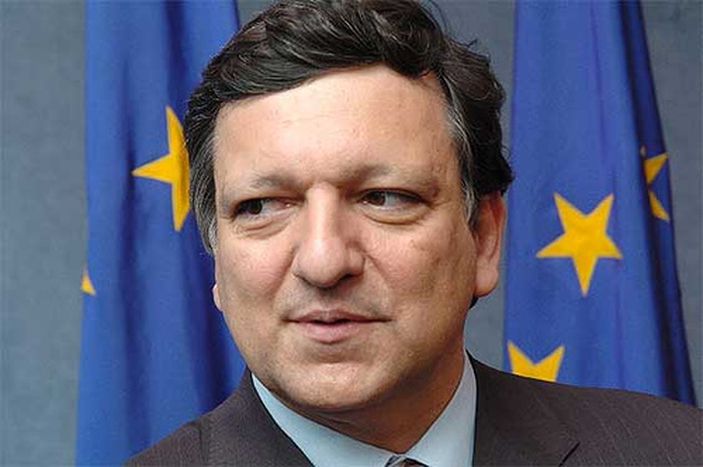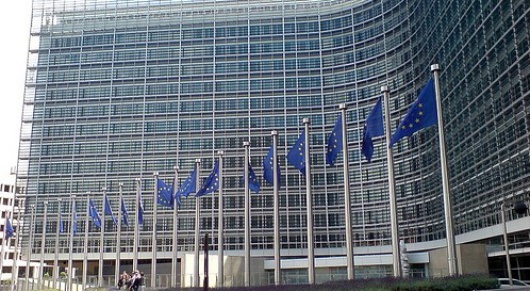
What the fridge is the European commission?
Published on
Translation by:
 Araceli Turmo
Araceli Turmo
At the heart of the EU, the recurrent scapegoat of national leaders suffers from the general ignorance surrounding it
The executive power of the EU, based in Brussels, is composed of twenty-seven men and women: one ‘commissioner’ per member state, one of whom is its president, currently the former Portuguese prime minister José Manuel Barroso. Renewed every five years, it defends the interests of the Union as a whole: the commissioners are under an obligation to be independent from national governments.
Appointment
Firstly, the national governments agree on the president of the commission (a former head of state or government), who must then be accepted by the European parliament. Once the parliament has expressed its agreement, the appointed president appoints the other members, according to the candidates put forward by the twenty-six other states. The council of ministers adopts the list, then submits it to the approval of the parliament, in which the candidates have to make a speech. The new commission is officially appointed by the council of ministers. The current commission's mandate expires on 31 October 2009, and Mr Barroso has let it be known that he is seeking a new mandate.
Functions
 Its first essential role is the legislative initiative. Thanks to this ‘monopoly of initiative’, an act passed by the council is always passed on the commission's proposal. If the council wants to change the original proposal, it must pass a unanimous vote. Most of the time though, a dialogue starts between the two institutions, during which the commission accepts the amendments made by the council. However, only 5% of the commission's proposals are really ‘new’; the others are, for instance, updates of EU law, or responses to international obligations.
Its first essential role is the legislative initiative. Thanks to this ‘monopoly of initiative’, an act passed by the council is always passed on the commission's proposal. If the council wants to change the original proposal, it must pass a unanimous vote. Most of the time though, a dialogue starts between the two institutions, during which the commission accepts the amendments made by the council. However, only 5% of the commission's proposals are really ‘new’; the others are, for instance, updates of EU law, or responses to international obligations.
Secondly, the commission is in charge of managing and implementing the EU's policies and budget. For example, regarding the competition policy, the commission can authorise or forbid fusions of companies. The commission is also the ‘guardian of the treaties’: if a member state does not fulfil its obligations, it can tell them off (‘infraction procedure’). As a last resort, it can refer the case to the court of justice. Finally, the commission represents the EU on the international level: it has delegations in each member state and in foreign countries.
Additional information
The efficiency of the commission is often linked to its president's personality
 The Briton Roy Jenkins (1977-81, aka ‘Roi Jean XV’), supported the project of a common currency
The Briton Roy Jenkins (1977-81, aka ‘Roi Jean XV’), supported the project of a common currency
 Meanwhile, the common market owes much to Frenchman Jacques Delors (1985-94)
Meanwhile, the common market owes much to Frenchman Jacques Delors (1985-94)
A few figuresfor the road: the commission is also 23, 000 civil servants, a general secretariat, 36 general directions (agriculture, economy and finance, etc.), and 2, 000 translator
If the Lisbon treaty is adopted: a ‘right to a popular initiative’ will allow EU citizens to ask the commission to make a new proposal, provided at least one million citizens support the demand; the commission will be reduced and be given a vice-president, in charge of the EU's foreign affairs
Translated from Qu'est-ce donc que la Commission européenne ?


